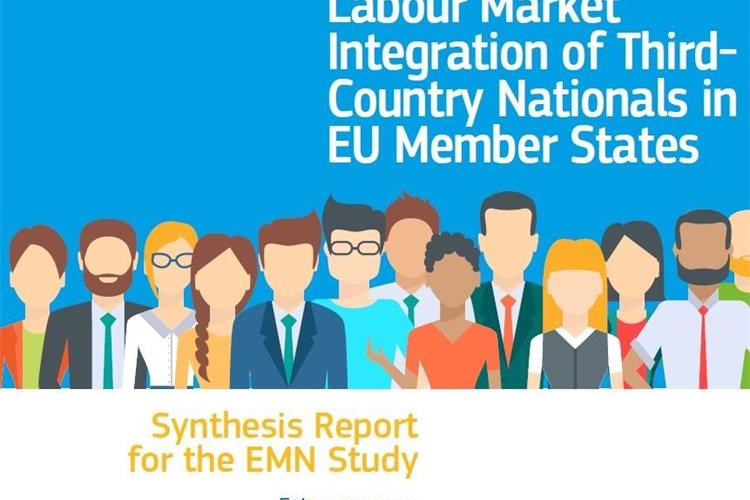Labour Market Integration of Third-Country Nationals in EU Member States
How can first generation third-country national migrants be helped to integrate into EU labour markets?
The effective integration of first generation migrants from third countries into European host societies is a key and pressing challenge faced by EU Member States. What obstacles do first generation third-country nationals face when looking for a job in the EU? What approaches are Member States taking to help these migrants to integrate into the labour market and society at large? What are the main challenges for both the public and private sectors? Which initiatives have proved to be the most effective, and why? The timely and highly relevant EMN Study on Labour Market Integration of Third-Country Nationals in EU Member States, provides a comprehensive picture based on information collected from 25 countries.The main research findings are introduced below:
- Most Member States were found to have dedicated labour market integration policies in place;
- These policies combine both mainstream and tailored labour market integration measures;
- The three most common obstacles to labour market integration relate to the accreditation of job qualifications and assessment of skills; discriminatory behaviours in recruitment processes; and insufficient language skills;
Click here to download the full study
